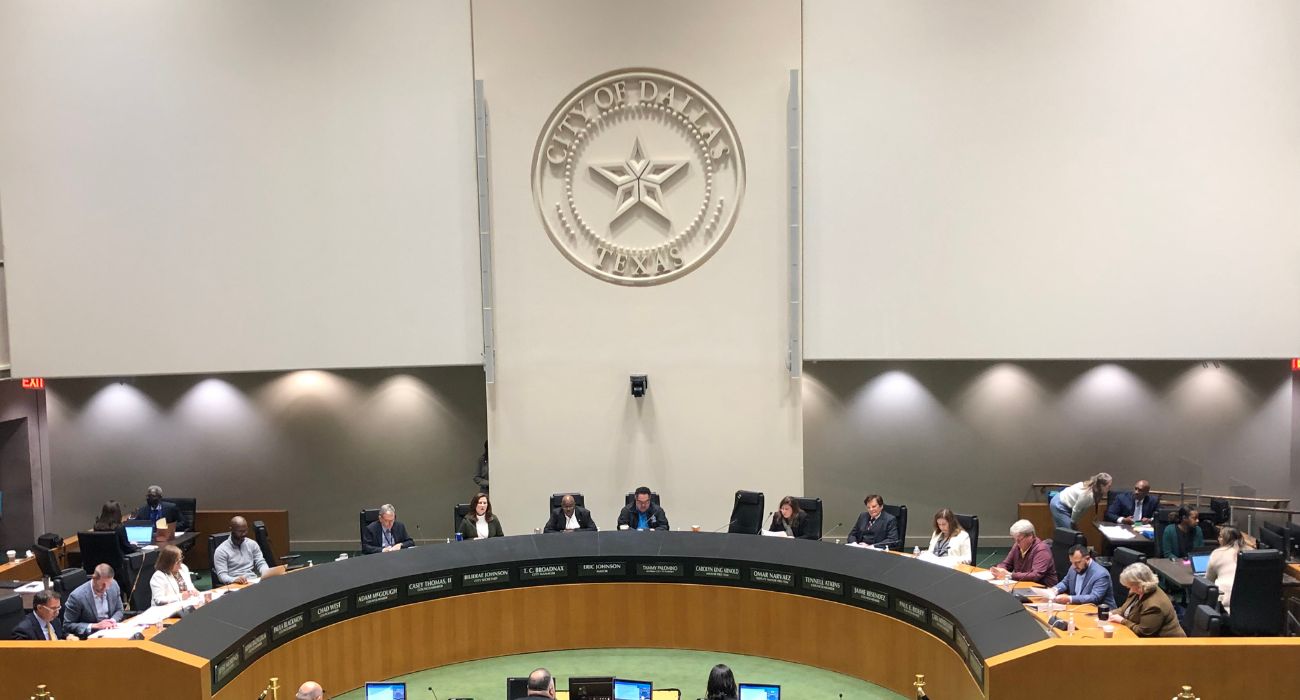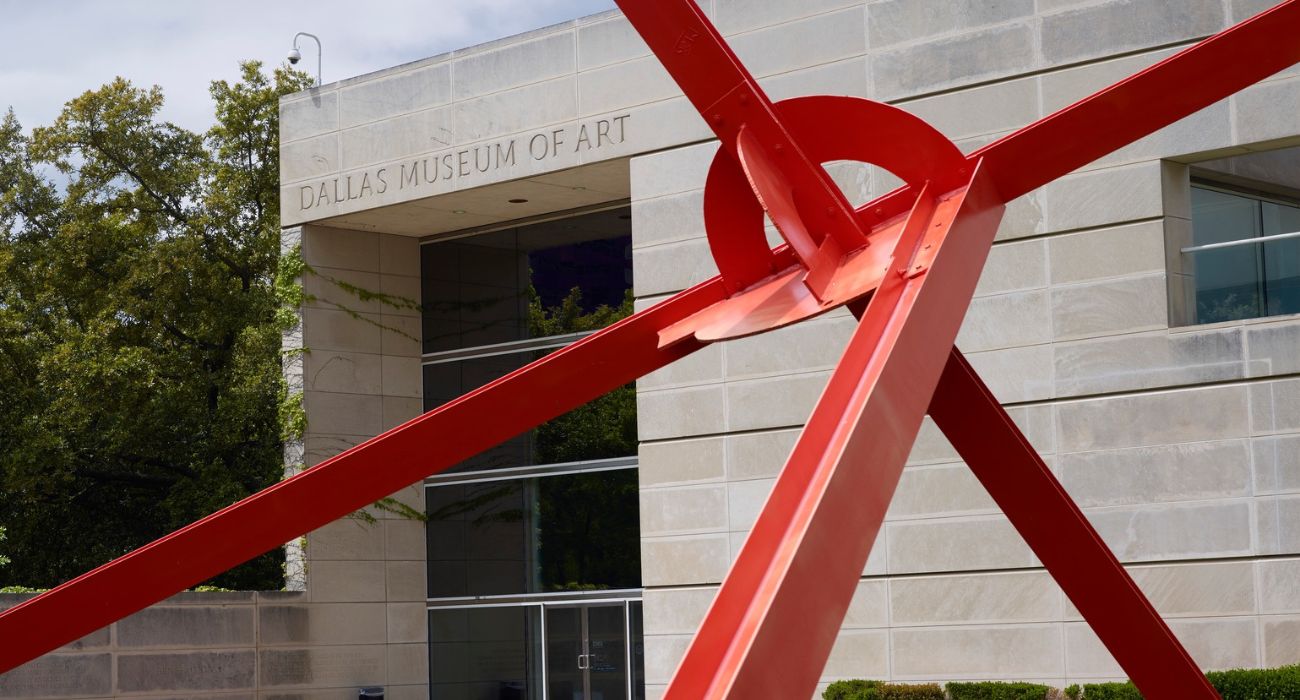Dallas City Council unanimously approved several reforms to its ethics code, lowering the burden of proof to bring Dallas in line with other jurisdictions across the country.
In total, the council approved eight different changes. This included enhancing the subpoena process for the inspector general, making it an offense to disclose confidential information, requiring that paid campaign staffers for City Council candidates reveal that relationship if doing business before the council, and reducing the standard of proof.
The vote came shortly after a briefing in which Inspector General Bart Bevers urged the council to reduce the standard of proof for an ethics violation from the current “clear and convincing” evidentiary requirement to “preponderance of the evidence,” as reported by The Dallas Express. This change would align Dallas with the rest of the surrounding municipalities and many other jurisdictions.
Council Member Paul Ridley (District 14) had opposed reducing the standard during the briefing and continued to fight against the proposal. An ethics investigation had been launched against Ridley shortly after he took office, but it was eventually dismissed by a 3-2 vote for not fulfilling the “clear and compelling” burden of proof, as reported by The Dallas Express.
As soon as the item was called, Ridley moved that it be deferred so that the council could address short-term rentals and hear the dozens of people who had been waiting several hours to speak. However, Mayor Eric Johnson ruled that the motion was out of order.
Council Member Paula Blackmon (District 9) then moved to approve the item with an amendment requiring all campaign staffers for City Council candidates, not just the victorious ones, to disclose their association when doing business before the body.
“I just want folks to be aware of who was working on what … to allow for me and the individuals on council to know,” she explained. “It’s not to penalize or force anything underground but just to show light so that when decisions are made we know who participated in political work.”
Before a vote could be taken on Blackmon’s motion, Ridley moved to amend the changes to keep the standard of proof “clear and convincing.” He explained that it would “ensure that the reputations and careers of the people who are the subject of complaints are not damaged by less than clear and convincing evidence.”
“It’s important that we judge ethics complaints on that standard,” he added.
Ridley also asked for the phrase “nor admonish” to be stricken from the list of ethics violations that council members could be punished for because the term was vague enough to include reprimands or corrections commonly made during the council’s regular business.
Council Member Chad West (District 1) voiced his support for Ridley’s motion, saying, “The standard of proof should be high.”
Under the old standard, a clear and convincing burden of proof meant the “measure or degree of proof that produces in a person’s mind a firm belief or conviction as to the truth of the allegations sought to be established.”
For a possible ethics violation to be sustained, three-fourths of the members of a panel of commissioners would need to believe that the inspector general had shown clear and convincing proof — a relatively high bar.
Council Member Gay Donnell Willis (District 13) then called upon Inspector General Bevers to answer questions about the standard of proof.
He noted that all 38 inspector general offices he spoke with from across the country used a preponderance of the evidence for administrative ethics investigations, making Dallas a noticeable outlier.
Council Member Cara Mendelsohn (District 12) asked why it was necessary to lower the standard. Bevers explained that with a lower bar, he could start more investigations, and they would see more cases substantiated. As more investigations are substantiated, he claimed, it would help deter bad actors from attempting unethical activity.
He suggested that Dallas has seen more corruption within City Council than many other places, noting that he had never heard of another place with more convictions over the same period.
Bevers added that if the standards were lower, he would have presented 11 or 12 more investigations in the past. He also noted that since the “clear and convincing” standard began in Dallas roughly 22 years ago, five City Council members had been convicted of felonies related to corruption or bribery.
“When I hear that every other IG is using a preponderance of the evidence, that’s where we should be at,” Mendelsohn concluded after her dialogue with Bevers.
“I don’t chime in all that often,” Mayor Johnson said as he entered the debate. “There are occasions that come before this council where it is a unique opportunity to lead the whole City.”
“We, I think, should want to lead and really be at the vanguard of the conversation when it becomes the discussion of behaving ethically,” Johnson explained.
Addressing concerns that the lower standard of proof would enable people to weaponize the system for political motivations or other reasons, Johnson pointed to the numerous safeguards built into the system and urged members to trust the professionalism of Bevers and his department.
The mayor related a previously unpublicized complaint that had been lodged against him, which had been thrown out after it was determined to be frivolous, suggesting that the story proved that bad complaints would not be used to unfairly “besmirch” their reputations.
He warned that voting against the reforms would do more to harm the members’ reputations and weaken the constituents’ trust in City Hall than the potential frivolous complaints.
“To me, that’s really the heart of this,” Johnson said. “I think the actual residents of the city will be disappointed in us.”
“I think they want their government to be one that is interested in rooting out its own bad apples,” he concluded.
Mendelsohn echoed the mayor’s comments and reasserted that the people reviewing the possible investigations are highly credentialed and appointed by the City Council.
Ridley then moved to divide his amendment so that the council vote on whether to keep the “clear and convincing” standard would be a different vote from removing the “nor admonish.”
The council voted to reject Ridley’s amendment to retain the “clear and convincing” standard, with Ridley, West, Blackmon, Omar Narvaez (District 6), and Carolyn King Arnold (District 4) voting to keep the higher standard.
On the motion to remove the “nor admonish,” the council voted to strike the phrase, with five opposed.
With Ridley’s amendments addressed, the council then returned to Blackmon’s original motion to pass the reforms. With a record vote called, the changes were adopted unanimously.
As reported in The Dallas Express, the City’s checkered history with corruption has undermined public trust in local government.
Mayor Johnson has led initiatives to address this lack of trust, creating the Office of Inspector General and announcing Bevers to lead as the City’s first inspector general.






